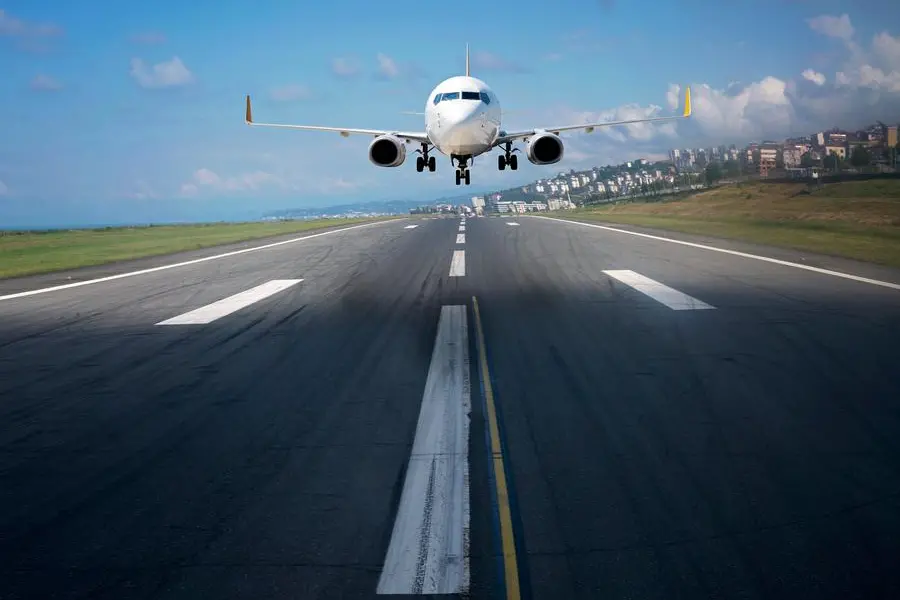PHOTO
Pacific Asia Travel Association’s (PATA) ‘Annual Tourism Monitor 2023’ report, released on October 23, shows that international visitor arrivals (IVA) numbers in 2022 were the strongest since 2019, heralding the much-awaited resurgence of the international travel and tourism sector for the Asia Pacific.
After a series of annual contractions in IVAs in recent years, calendar year 2022 saw 44 destinations across the Asia Pacific region end with a collective annual gain of almost 124.2 million foreign arrivals, to return a collective inbound count of nearly 265.5 million, according to the report.
There were wide differences at the three Asia Pacific destination region levels. The Pacific had the strongest growth rate in 2022 year-over-year, whereas Asia received both the largest number of arrivals and the greatest annual increase in absolute numbers from 2021.
Even so, the number of IVAs into and across Asia in 2022 reached only 27% of 2019 levels. The Americas had the strongest recovery in that regard, with 69%, followed by the Pacific, with over 57%.
These are generally very positive results, but even more heartening are those for the early periods of 2019 to 2023, where the strengthening of international arrival numbers which began in the first periods of 2022, continued in early 2023.
Every year-to-date figure is consistent for each of the 38 destinations with early period arrivals data and their respective months covered between 2019 and 2023. This data therefore gives a solid indication of how arrival numbers into and across Asia Pacific are trending over time.
The IVA growth that began in early 2022 has gained momentum in early 2023, with the addition of more than 93.3 million foreign arrivals, a volume increase of more than double compared to the previous period. This has boosted the recovery rate for early 2023 to more than 68% of the early 2019 IVA levels.
Although Asia may have been slower in returning to growth up until 2022, the early 2023 figures show a very powerful return to dominance in the Asia Pacific mix of arrivals.
Asia had the strongest performance of the three destination regions against the metrics of IVAs year-to-date, period-to-period growth rate and period-to-period increase in absolute numbers of IVAs. Even the recovery rate for Asia, while still the lowest at 62.4%, is a 35-percentage point improvement over calendar year 2022 and is only six percentage points below the Asia Pacific average.
Of particular interest is the mix of source markets fuelling these recovery rates. Most source regions have achieved recovery rates above 80% in early 2023. The exception is Asia, which has improved its arrival numbers for the Asia Pacific to just a little over 52%.
That raises a critical issue because in 2019, Asia was the dominant supplier of international visitor arrivals to the Asia Pacific, accounting for nearly 63% of total arrivals in the region. Therefore, any decline in those source markets poses an obvious challenge for the Asia Pacific as a whole.
Although Asia's recovery rate as a source region in early 2023 is relatively low, at just over 54%, it marks a dramatic improvement of almost 43 percentage points compared to early 2022. This demonstrates significant growth momentum, and the results for the full calendar year 2023 are eagerly awaited.
Among all the source markets in the Asia Pacific region, mainland China is understandably the most significant in terms of volume. In 2019, it accounted for almost 30% of the IVAs from Asia and 19% of the total aggregate visitor numbers to Asia Pacific destinations.
In early 2023, visitor numbers from mainland China saw a dramatic increase, surpassing 23 million. This marks the strongest early-period performance since early 2019.
However, it still represents only 34% of the early 2019 level of arrivals. With the recent relaxation of restrictions and the reintroduction of group travel, a significant improvement can be expected by the end of calendar year 2023.
PATA Chairman Peter Semone, noted that “the overall growth in international visitor arrivals within the Asia Pacific is primarily fuelled by Asia, serving as both a source and destination region, with mainland China playing a dominant role in visitor flows."
Semone added, “Visitor growth from China has been relatively subdued until now. However, with the relaxation of most pandemic-imposed restrictions, we can now expect rapid change. Experience shows us that when change occurs in China, it is both rapid and impactful.
“The question, however, is whether the destinations in Asia Pacific are prepared, as change involves not only an increase in visitor numbers but also evolving expectations and demands from these visitors.”
Peter said: “PATA forecasts of visitor demand indicate that, under the medium scenario, international visitor numbers by the end of 2023 are predicted to exceed 516 million, approaching 76% of the pre-pandemic levels of 2019.
“This is expected to further increase to 107% in 2024 and 116% in 2025. The wave is coming, and we must prepare ourselves to ensure that we have a better, stronger and more resilient tourism and travel industry.”
Copyright 2022 Al Hilal Publishing and Marketing Group Provided by SyndiGate Media Inc. (Syndigate.info).





















